FILM REVIEW
Male rage, lethargic politicians and compassion – new SA doccie ‘57’ unravels the complexities of crime
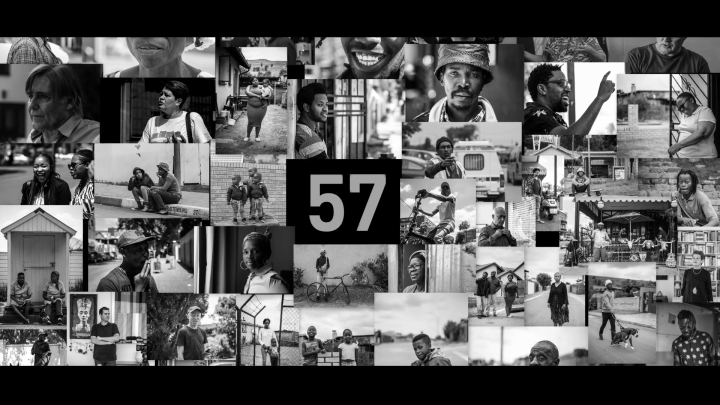
Director Craig Freimond’s documentary cuts through the statistics and news headlines that murders generate. It not only digs deep into factors fuelling violence in South Africa, but also deals with solutions – all the while remembering some of those killed at the hands of criminals.
In March 2019, actor Sibusiso Khwinana attended the Pretoria screening of Matwetwe, a movie in which he starred.
Afterwards, the 25-year-old was robbed of his cellphone. He chased the thief, caught up with him and was stabbed.
Khwinana died.
He became one of an estimated 57 people murdered in South Africa every day that year.
This grim reality is how the documentary, 57, got its title.
In fact, the documentary came about because of the impact Khwinana’s murder had on those around him.
Directed by Craig Freimond – who usually works on feature films, and produced by Ronnie Apteker – the production reflects on many facets of crime in just 90 minutes: facets that are often overlooked or omitted when reported on in the media.
‘What can we do?’
In the documentary, Freimond recalls seeing a front-page story detailing the trauma some of Khwinana’s relatives were experiencing because of his murder.
“I remember feeling like a wave of depression, disillusionment, despair about this society that we live in… for me, why [his killing] was so powerful, it was the death of promise, [the] death of potential,” Freimond recalled.
“And a lot of us got together and we couldn’t stop talking about this incident. What do we do? What can we do? All we can do is make films. Why don’t we try to make a film, a small film, about crime.”
And so the idea for 57 was born.
For most South Africans, crime is a constant worry.
If you’re from the country, you may not want to expose yourself to reams of depressing statistics and the gory details of hijackings, burglaries and robberies.
The documentary, though, digs much deeper than that, and churns up nuance and insight that is well worth absorbing.
For someone not from South Africa, 57 also provides a textured and comprehensive take on what got the country to this point.
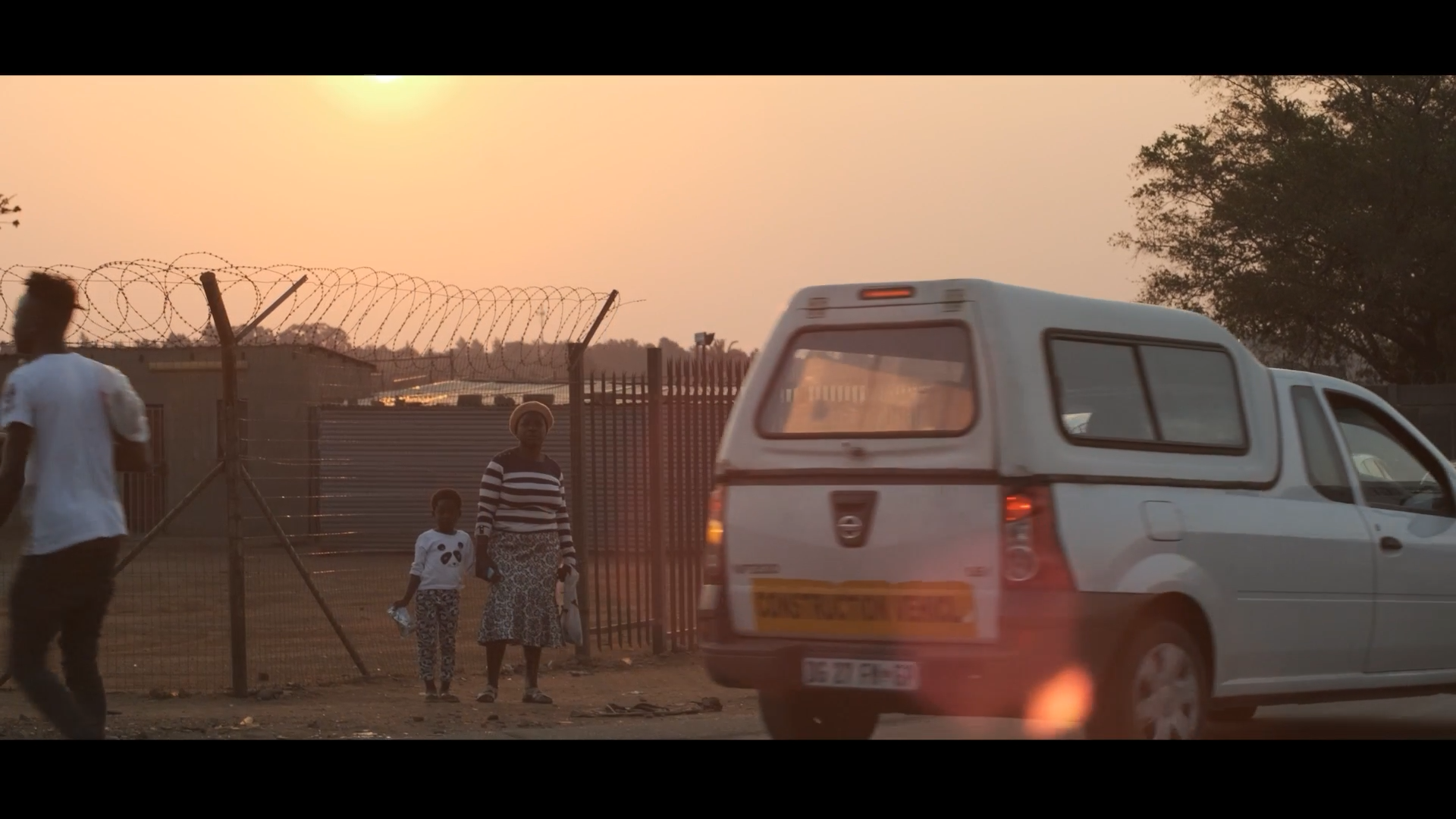
Image still from ’57’, a documentary by Craig Freimond. Image: supplied
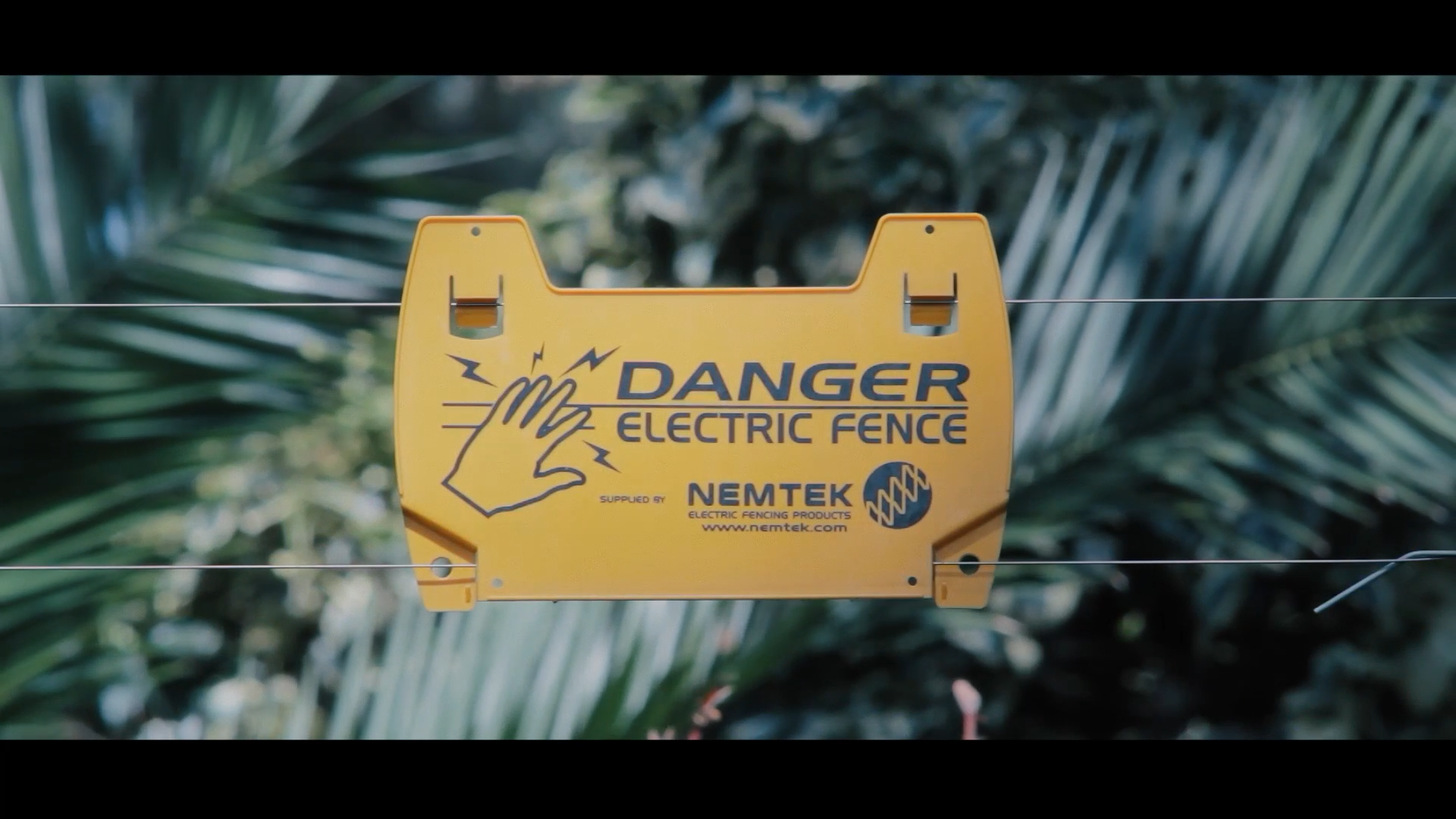
Image still from ’57’, a documentary by Craig Freimond. Image: supplied

Image still from ’57’, a documentary by Craig Freimond. Image: supplied
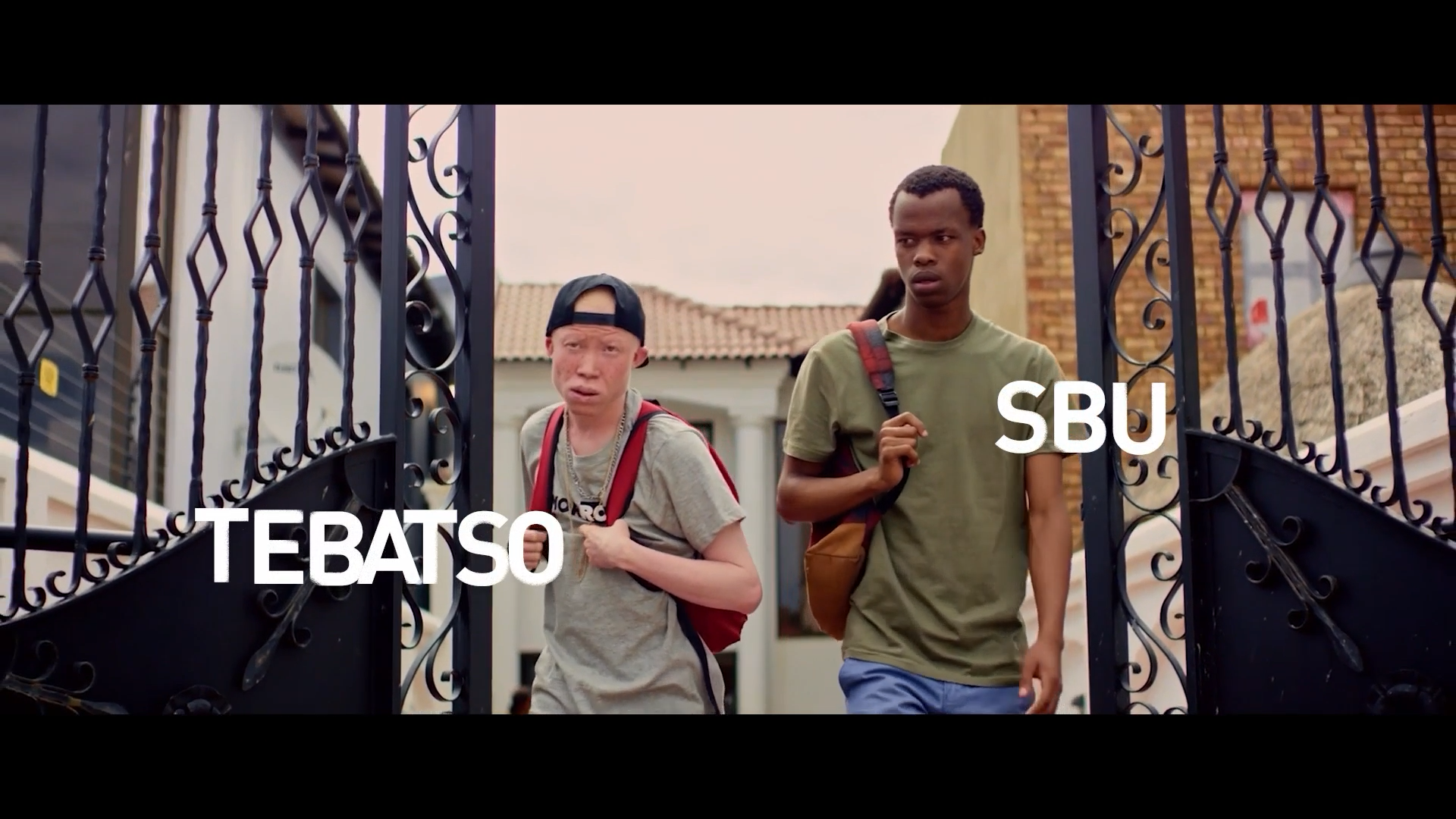
Tebatso and Sbu in ’57’, a documentary by Craig Freimond. Image: supplied

Image still from ’57’, a documentary by Craig Freimond. Image: supplied
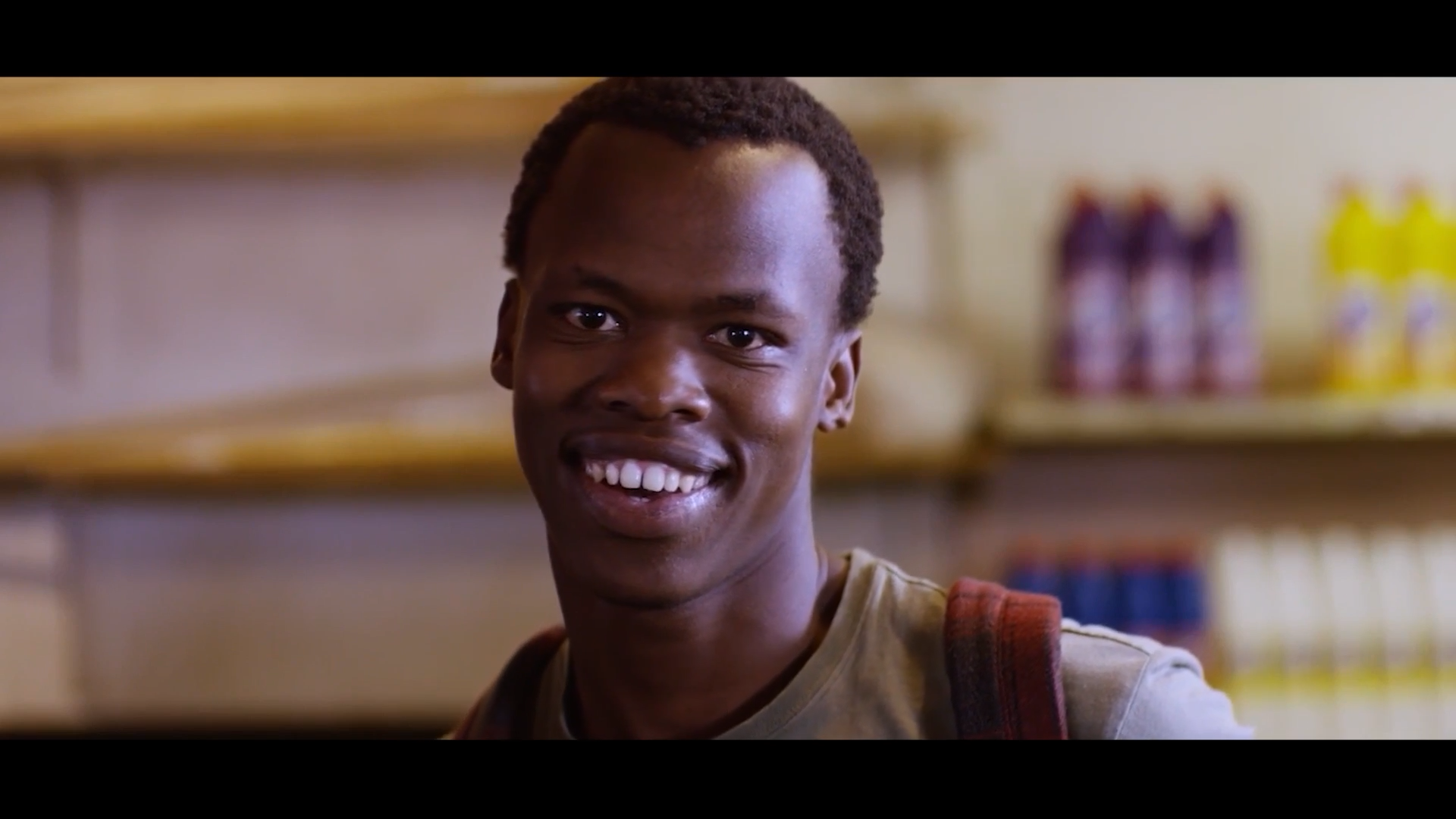
Sbu in ’57’, a documentary by Craig Freimond. Image: supplied
Beyond the obvious
If you’re put off by the idea that it might be a dry, academic analysis of crime, don’t be. It is anything but that.
Aside from experts including a criminologist and a psychologist, among the many people interviewed are writers, comedians and actors – some who knew Khwinana – as well as an ex-offender.
Among the voices of individuals from very different backgrounds, Freimond is often filmed driving around, talking to people, and being the interviewee.
Various areas, from the upmarket to the more informal, are shown. Incorporating so many different voices and places gives the viewer a sense of being part of a broad, developing and necessary conversation – which 57 will hopefully spur.
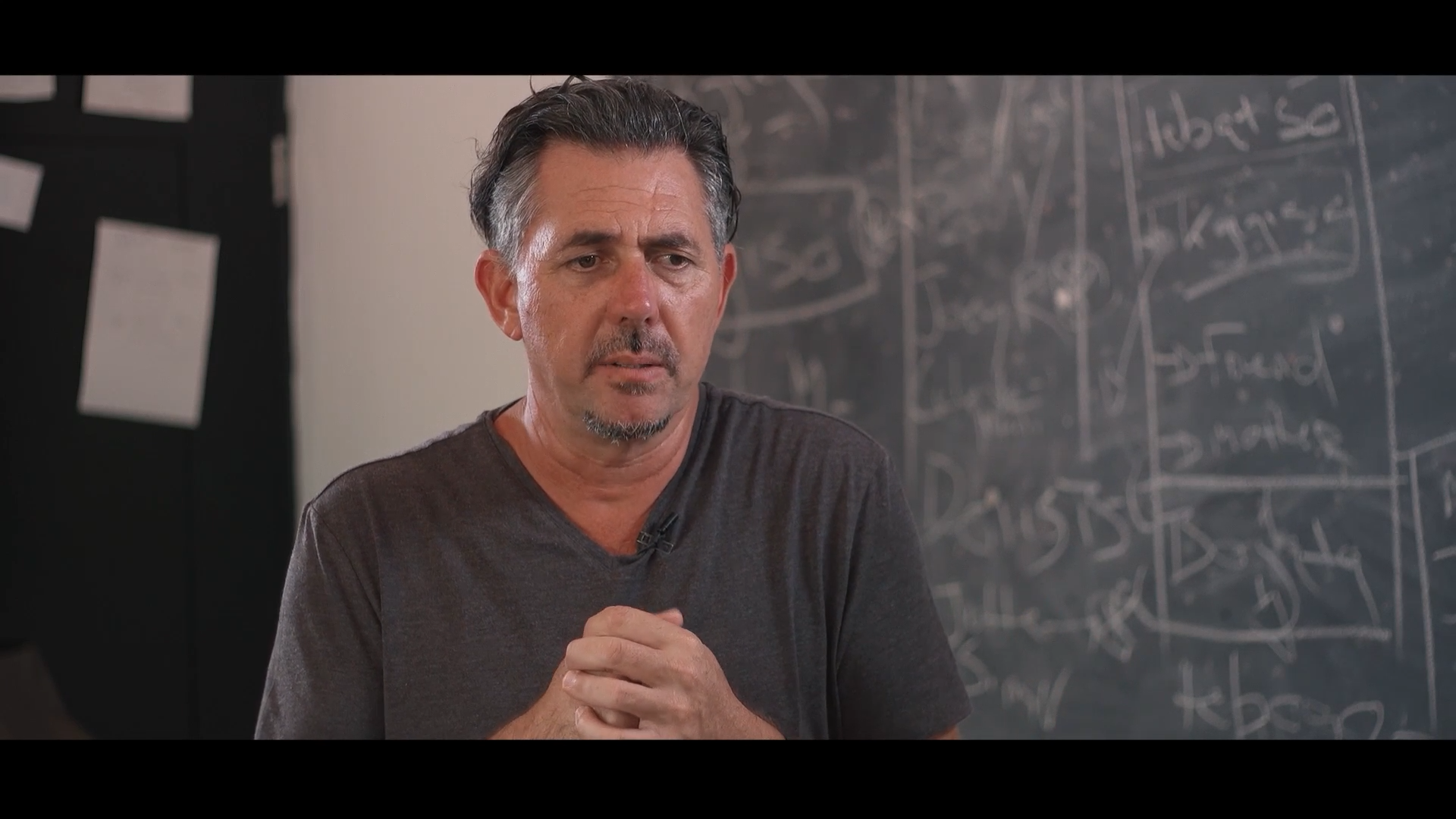
Craig in ’57’, a documentary by Craig Freimond. Image: supplied

Image still from ’57’, a documentary by Craig Freimond. Image: supplied
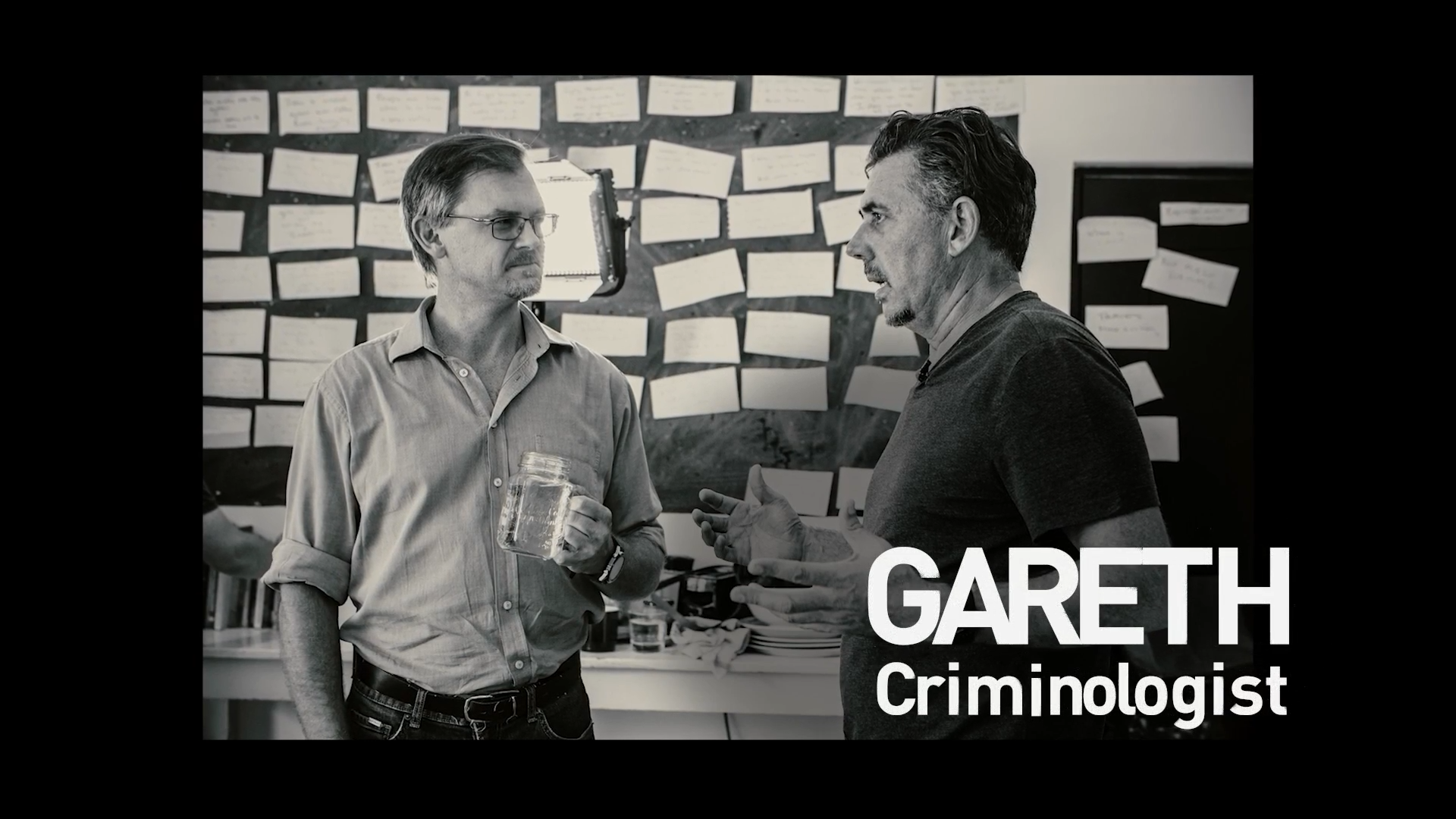
Image still from ’57’, a documentary by Craig Freimond. Image: supplied

Image still from ’57’, a documentary by Craig Freimond. Image: supplied
Male rage, patriarchy and no political will
The doccie confronts topics head-on and explores why male rage is so prevalent in South Africa, issues relating to patriarchy, the unemployment rate, poverty, and, of course, gender-based violence.
South Africa’s past, including apartheid and colonialism, is also focused on. So too are the country’s politicians who seem to lack the will to effectively fight crime. (State Capture, touched on in 57, clearly has something to do with that.)
Critical questions are asked. For example, if the government could act so swiftly when Covid numbers started spiking – enforcing lockdowns and getting vaccination stations up and running – why can’t it do the same when it comes to tackling different kinds of crime?
Clearly government is capable of driving processes affecting all residents – as demonstrated with its response to Covid – but in terms of crime, it seems to be at a loss.
Another issue 57 focuses on is policing, or, as is so often the case, the lack thereof. The topics it explores are heavy, but these are presented conversationally, so the subject matter doesn’t bog down the documentary or slow its pace.
While leaving one feeling overwhelmed at just how extensive crime is in this country, 57 manages to inspire hope.
Care and compassion
The production delves into what drives criminals and what can be done to try to prevent criminality.
The latter starts with how we treat each other, and especially how we treat children. A criminologist explains in the documentary that research globally, as well as in South Africa, shows that children between three and seven years old, who have a year or less of two-hour visits from a social worker weekly, were 50% less likely to be arrested for any crime by the time they reached the age of 19.
An ex-offender also explains how one mother decided to take him in and help him when he was released from jail with no money or place to stay.
“So, I was like, I can’t disappoint this person,” he recalls. “Because it seems like if I disappoint her, I’d be disappointing myself.”
‘Life goes on’
At another point in 57, Freimond talks to Tshaba, a writer-researcher he’s driving around with, and says: “Everywhere we go, we talk about crime. But everywhere you look, life goes on.”
For Khwinana, though, the actions of a criminal who now faces life behind bars means that his life no longer goes on.
This documentary came about because of his murder. It also deals with several other murders. Their names and images are presented with information, statistics, recollections, emotions and opinions relating to crime, adding depth to understanding the true and incalculable impact of what happened to them and what cycles of violence, if left unchecked, can produce.
While rooted in a tragedy, 57 has the potential to broaden the way crime is looked at and addressed. DM/ML
57 can be viewed on SABC3.



















 Become an Insider
Become an Insider
This documentary was shown on SABC3 in September 2022. When else can it be seen please?
Looking for link to watch as do not have TV!
WHO STILL DOES?